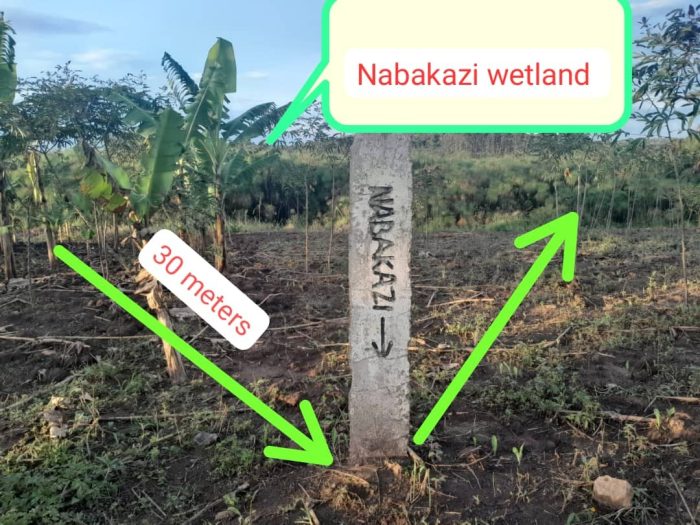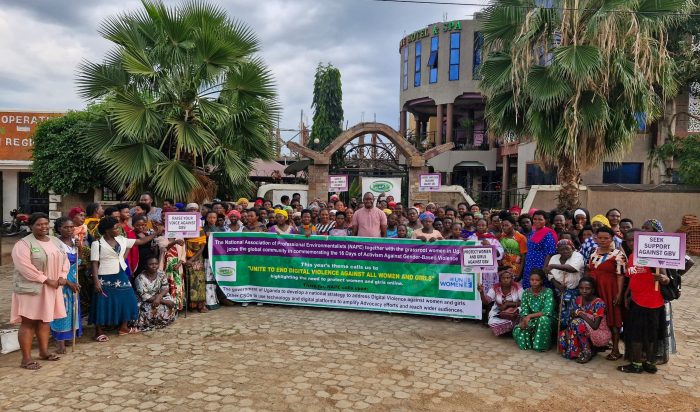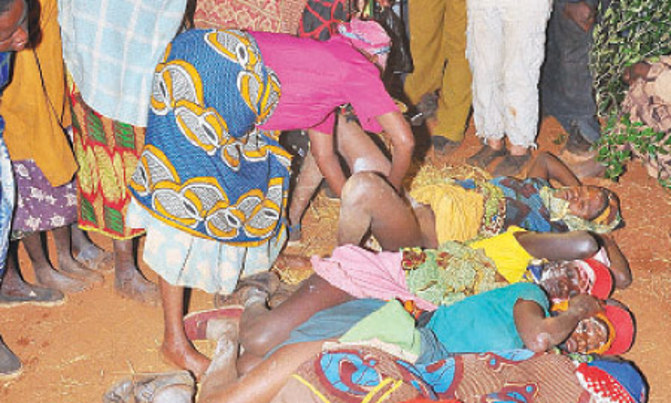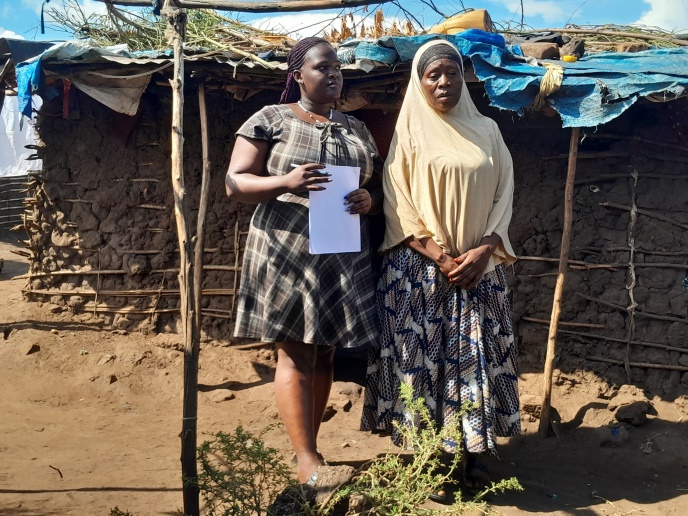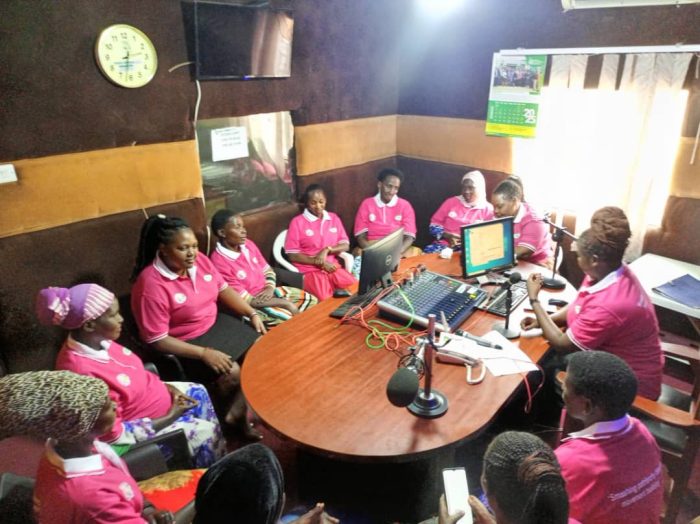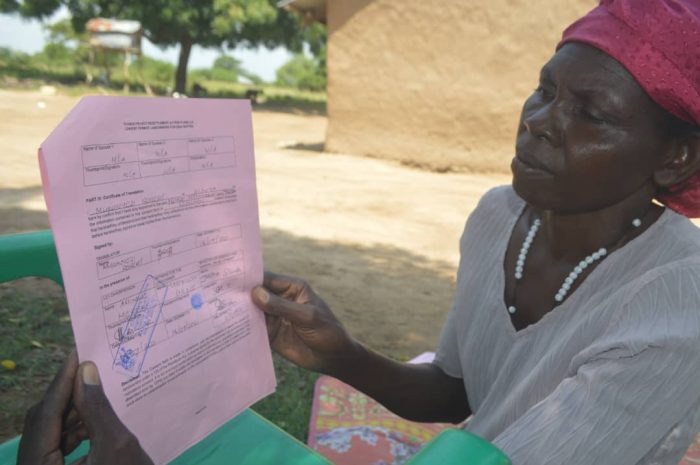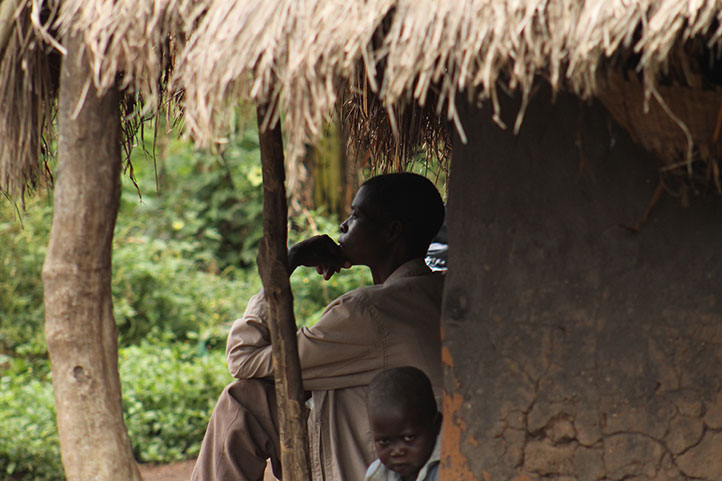
As government gets close to concluding negotiations with a Russian-led consortium of investors to build an oil refinery in Hoima district, the quite tetchy matter of compensating peasants to pave way for the project won’t go away, writes EDWARD SSEKIKA.Government has denied any wrongdoing in a court case where 12 persons protested against being evicted to pave way for the construction of an oil refinery in Kabaale, Hoima district.
The case, Wandera John Bosco and 11 others Vs Attorney General was filed last year in the High court, Kampala, land division. The affected persons sued the attorney general with the help of African Institute for Energy Governance (Afiego), a civil society organization in the oil and gas sector. The case is before Judge Eva Luswata.
The hearing of the case was expected to kick off on Monday, May 9, 2016 but flopped because the judge was not around. In the case, the affected persons claim a violation of their rights to fair, adequate and prompt compensation during the acquisition of the 29 square kilometers of land in Kabaale.
Francis Elungat, a land officer in the petroleum directorate, explains that four of the plaintiffs have already been compensated and, therefore, have no claim against government.
According to the affidavits, the plaintiffs argue that government’s inordinate delay to compensate or resettle them is a violation of their constitutional right to fair, prompt and adequate compensation enshrined in the constitution. In particular, in his affidavit, Wandera John Bosco avers that he opted for relocation but three years down the road, he has not been relocated.
“..During assessment, the compensation rates used in determining the value of my property including land, crops, trees and other properties were not of 2012 but 2010 and therefore were obsolete to ensure I get fair compensation,” he said.
In the Resettlement Action Plan, the ministry of energy through its contractor, Strategic Friends International, set August 2012 as a cut-off date, where developments on land after that date couldn’t be valued. Project-affected persons were advised against planting permanent crops since they took long to mature.
Wandera says that the cut-off date created fear in the entire village and as a result he stopped using the land for development. “As a result of the delay in compensation and the cut-off date, I failed to cater for my children to the extent that the majority had to abandon school.”
In the affidavit, Wandera also alleges that in June 2013, all the project-affected persons who opted for compensation in cash were asked by the ministry of energy to sign that they had received money from government and that they had transferred all their property to government yet they had not received any pay.
He also alleges that the compensation rates used were signed by the Hoima district valuer yet he is not a member of the Hoima District Land Board, and therefore had no power to approve the rates. He further avers that the Land Acquisition Act requires the ministry of land to put in place regulations to provide for assessment and payment of compensation.
Failure to implement these regulations creates room for government to acquire land with impunity. Godfrey Byaruhanga, another plaintiff, contends in his affidavit, that he was told that those who would opt for relocation would be bought land within the same area on a case by case basis. He has since learnt, however, that government plans to place them in a ‘camp’.
Christopher Opio, one of the plaintiffs, in his affidavit, claims that as a result of failure to use the land where he used to generate school fees, he has failed to go back to school for two years.GOVT RESPONDS
In reply, the attorney general denies all the allegations. In his reply dated April 27, 2016, Francis Elungat, the lands officer in the ministry of energy attached to the petroleum directorate, explains that government didn’t use the 2010 compensation as alleged but used the 2011/2012 rates. He explains that the compensation rates reflect the prevailing market rates in the area.
He says government compensated an acre of land between Shs 3.5m and Shs 4.5m, and yet the prevailing market for an acre of land is Shs 3m. He noted that government bought land in Kyakaboga, Nyakabingo parish Buseruka sub-county, at the same rate.
In addition to being compensated at the prevailing market rates in the area, project-affected persons were paid a disturbance allowance of 30 per cent in accordance with the law. Elungat said that since December 2013, a total of 2,595 project-affected persons, more than 90 per cent, have been paid.
“There is no project-affected-person with a complaint regarding compensation who has been threatened with eviction, been evicted or will be evicted until he or she is duly compensated,” he said.
Elungat denies that the cut-off date stopped people from using their land. He also denies that the applicants were deprived of the means to support their families since they had not been evicted from the suit land, explaining that government has no intention of evicting them until they are either fully compensated or resettled.
In his affidavit, Elungat contends that project-affected person’s harvested crops were compensated for and others are freely going on with cultivation without any hindrance.
“All project-affected persons who opted for relocation will receive land titled in their names of the same acreage as the one they had in the refinery area,” he said.
He denies that government is relocating the affected people in ‘a camp’. Instead, he notes that government is adhering to the Physical Planning Act by relocating the affected persons to a planned settlement.
Both the affected persons and attorney general want court to decide whether or not the compensation rates were adequate, fair or prompt and grant appropriate remedies.

